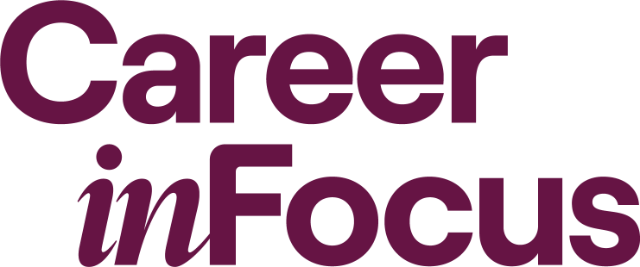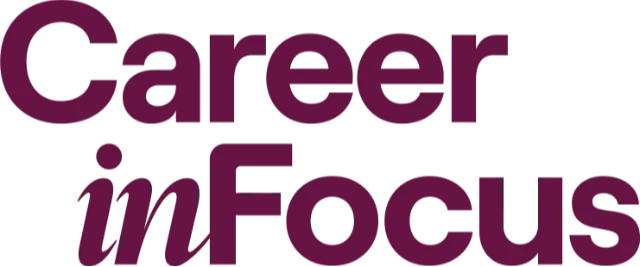2 Mistakes To Avoid When Changing Careers
Nov 01, 2024
Starting My Journey to a New Career
Five years back, I decided to walk away from my established career in recruitment. It wasn’t an easy choice—I’d built years of experience and a reliable network. Yet, something deep within urged me to pursue work that felt more meaningful, something aligned with my strengths and passions. Taking that leap was daunting, but looking back, it’s one of the best decisions I’ve ever made.
In the years since, I’ve helped many women make their own career changes with clarity and confidence. With each journey, I’ve seen which strategies work, and the common mistakes that often make the path unnecessarily hard. If you’re considering a career shift, here are two key missteps to avoid for a smoother transition.
Mistake #1: Diving into an MBA Instead of Exploring Career Curiosity
When you’re considering a big change, the idea of heading back to school—perhaps for an MBA or new certification—can seem like the logical first step. But here’s the truth: many hiring managers today are placing more weight on practical experience and real-world skills over formal qualifications, particularly in a career switch.
Why Wait on the MBA?
Rather than jumping into a costly degree, it’s often more useful to start with “career curiosity” conversations. Talking with people already in the roles or industries that interest you can be incredibly eye-opening. These conversations offer insights that no classroom or certificate can provide—they help you understand what a career actually feels like day-to-day, which skills you’ll need, and how people have successfully navigated similar changes.
How to Begin Career Curiosity Conversations:
- Identify people on LinkedIn or within your network who work in roles that genuinely interest you.
- Reach out with a friendly message, asking if they’d be open to a brief chat about their experience.
- During these conversations, ask open questions about their daily tasks, the skills they value most, and any advice they’d offer to someone considering the same shift.
These chats can provide real clarity, helping you find a way forward that feels natural and aligned with your strengths. Plus, you’ll start building a network in your desired industry—a huge bonus in any career move.
Mistake #2: Chasing Trends Instead of Your Own Strengths
In today’s world, certain industries—like tech and AI—seem to be everywhere. It can be easy to think that following these trends is the best way to land a secure, lucrative career. But here’s the key: following industry trends without considering your strengths often leads to frustration and burnout.
For example, perhaps a friend is thriving in the tech world, or you keep seeing headlines about the AI boom. It’s natural to feel that those paths might bring you the same level of satisfaction. But if they don’t align with your natural strengths, you’ll likely feel disconnected over time.
How to Tune into Your Strengths Instead of Trends:
- Reflect on your past roles or projects: When did you feel truly energised and capable? What types of tasks felt rewarding or like second nature to you?
- Identify your core strengths—think of these as your “superpowers”: Maybe it’s creative problem-solving, analytical thinking, or relationship-building. Pinpointing these strengths will help guide you toward industries and roles where you can naturally shine.
- Find fields that value what you’re already good at: Look for roles or industries where your strengths are genuinely needed, instead of following trends that might not suit you.
By tuning into your strengths, you’ll pave the way for a career change that’s both fulfilling and sustainable. It’s about finding work that feels like an extension of who you are, not just a role you fall into.
The Takeaway: A Thoughtful Transition Is a Strong One
Shifting careers is a big decision, and it’s worth doing in a way that truly reflects your values, skills, and ambitions. By steering clear of these common missteps—holding off on the MBA and focusing on your unique strengths over passing trends—you’ll build a stronger foundation for the next phase of your career.
Wherever you are on this journey, remember: you don’t have to make it complicated. Start small, stay curious, and build from there. And if you’d like some guidance along the way, I’m here to help.
Stay connected!
SIGN UP WITH YOUR EMAIL ADDRESS TO RECEIVE NEWS AND UPDATES.


